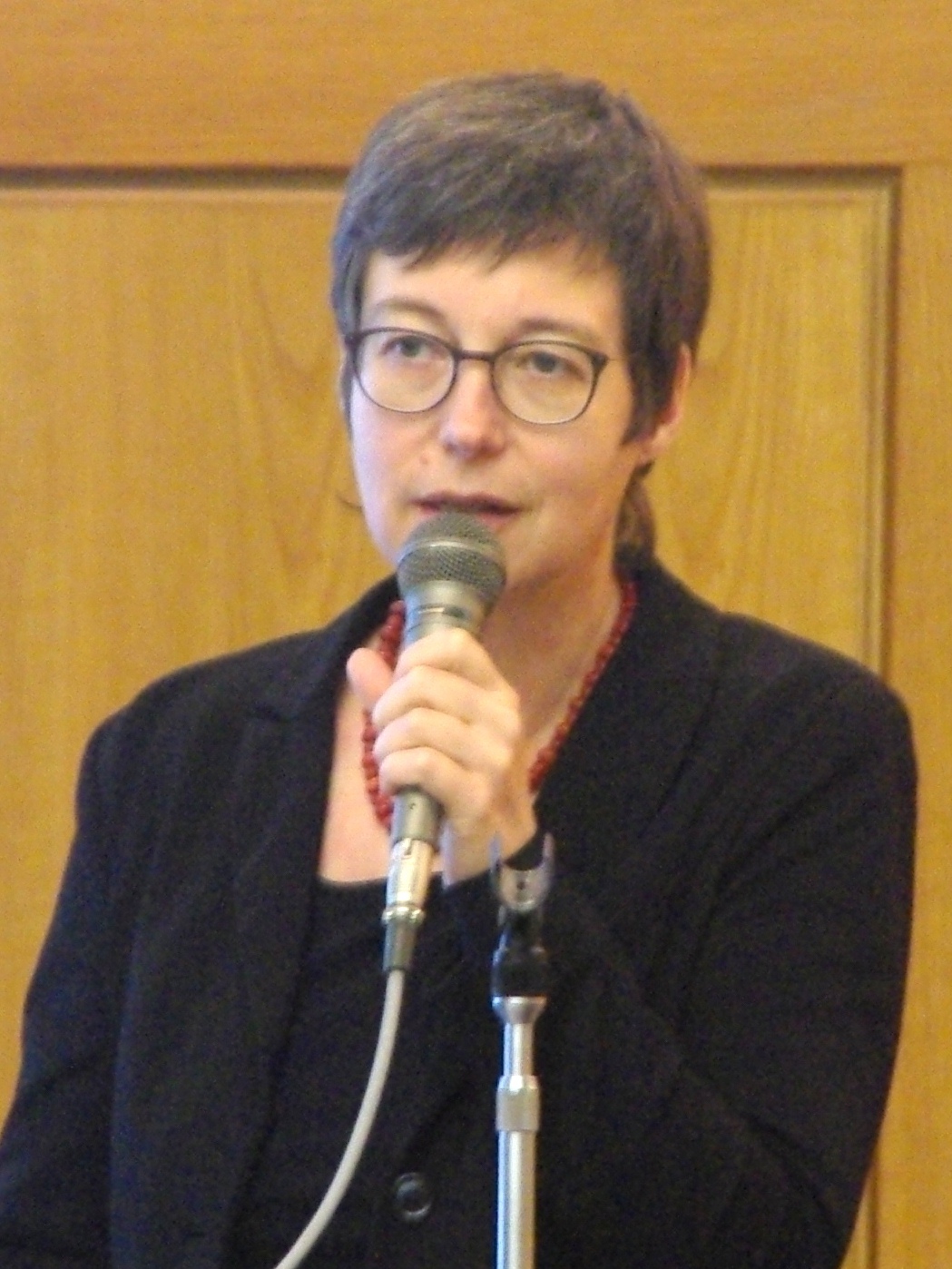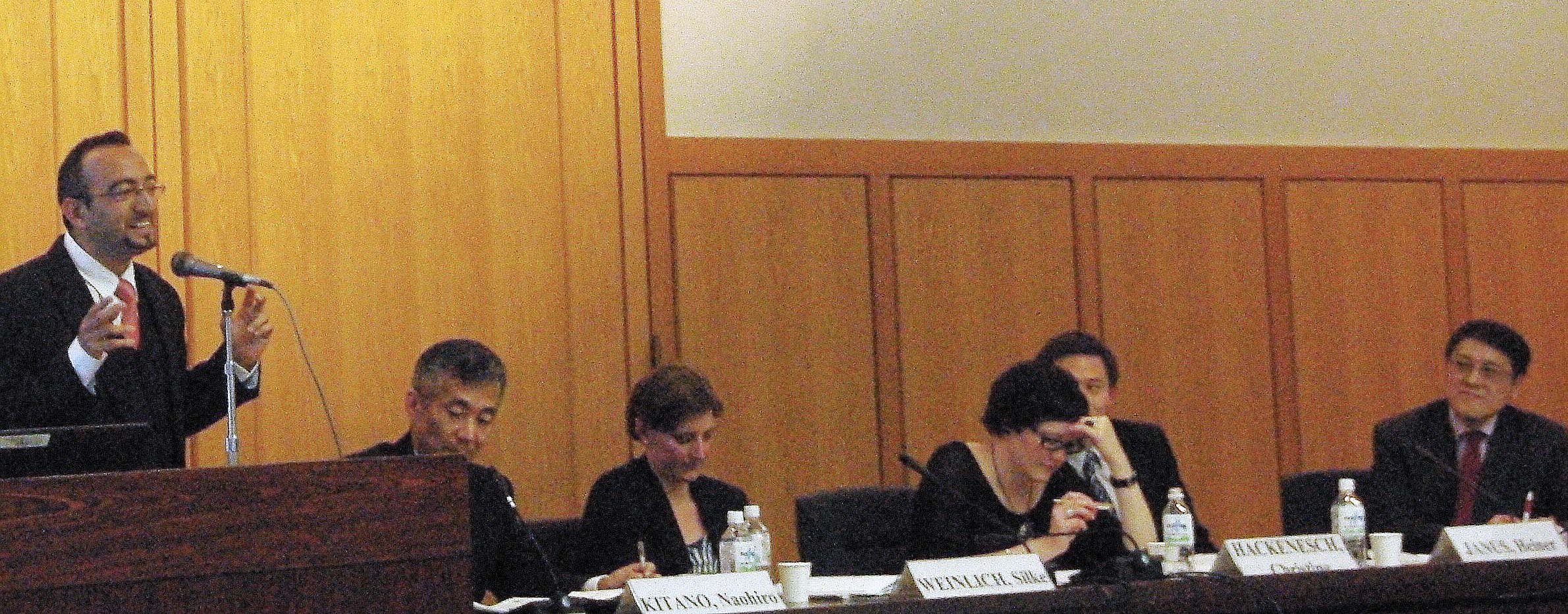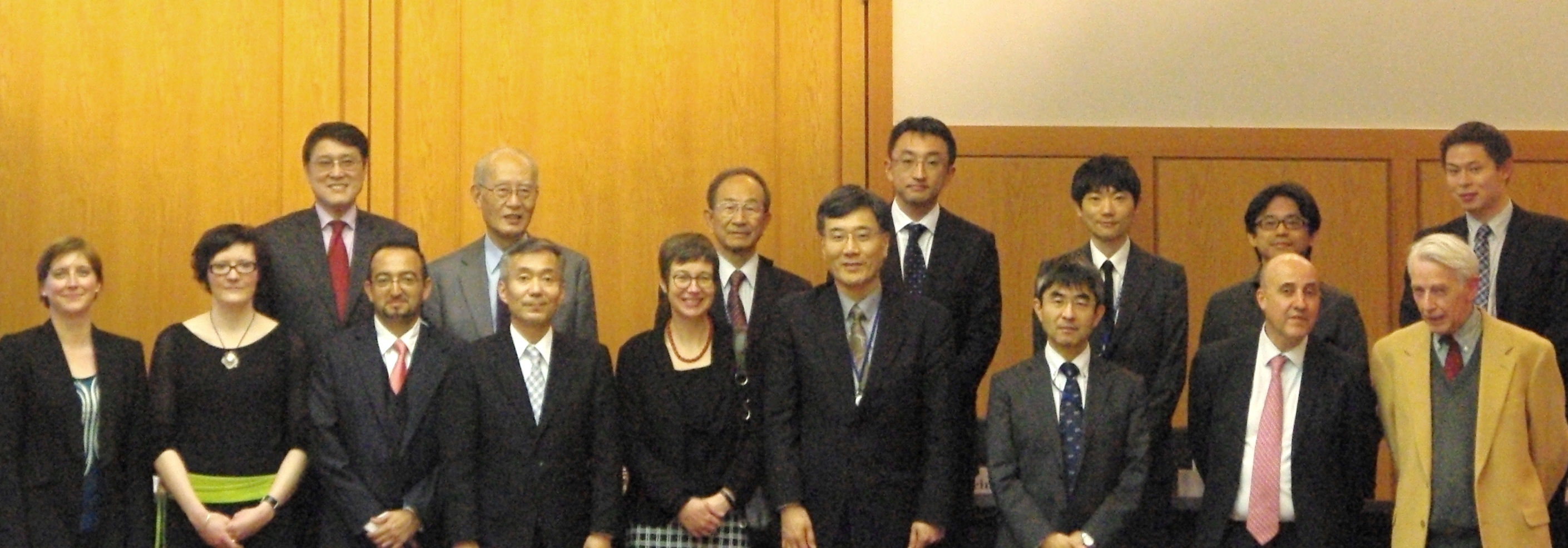The Role of Emerging Economies and OECD Countries in the Post-2015 Era: JICA-RI Holds a Joint Symposium with the German Development Institute (DIE)
2015.03.25
To what extent and how will emerging economies play a greater role in international development cooperation in the post-2015 era?
That was the topic of a joint symposium held in Tokyo on March 19 with participants from China, Germany, Japan, Mexico and South Africa.
The symposium entitled "Evolving Perspectives on the Post-2015 Agenda: The Role of Emerging Economies and OECD Countries" was held by the JICA Research Institute and the German Development Institute at the JICA Ichigaya Building.
Amid intensifying international discussion on the post-2015 development agenda, attention is focusing on the role of China and other emerging economies in development cooperation. Participants from the German Development Institute (DIE), the JICA Research Institute (JICA-RI) and emerging economies gave presentations on trends and characteristics of development cooperation by emerging economies, as well as the role that such countries will play in shaping the system of development cooperation in the future. The symposium featured a discussion from the perspectives of both OECD countries and emerging economies.
In her keynote address, DIE Deputy Director Dr. Imme Scholz pointed out two facts in the field of development cooperation: (1) that the Sustainable Development Goals (SDGs) are more diverse and inter-related than the Millennium Development Goals (MDGs) they are set to replace, and (2) that the profile of development cooperation by emerging economies is rising. She argued that these two facts will increase the number of actors involved in development issues at both the national and international level, and that it will be vital to construct innovative policies and mechanisms for policy coordination that will enable the knowledge of a diverse range of actors to be mobilized.

Dr. Imme Scholz
Next, Dr. Jin Sato, Professor at the University of Tokyo (formerly a visiting fellow at JICA-RI), argued that each country's aid policy and the approaches adopted by aid organizations are shaped over a long period by the domestic and international environments, and that examination of related historical processes is vital when thinking about current and future aid activities.
In Session 1, which focused on development cooperation by emerging donors, JICA-RI Deputy Director Dr. Naohiro Kitano gave a presentation on China's foreign aid. Kitano presented estimates of China's aid based on the definition of Official Development Assistance (ODA) stipulated by the OECD Development Assistance Committee (DAC) and then explained that aid recipients such as Cambodia are strategically using aid from OECD countries and China according to their needs.
Hosei University Professor Emeritus Yasutami Shimomura used the examples of Japan, China, and Thailand to point out that aid recipients are combining their experiences of having received aid with experience and knowledge unique to their own countries in order to create new knowledge. He said that when these countries become donors themselves, they deploy aid in a way that makes use of this knowledge, contributing to the diversity of approaches to development cooperation.
Finally, Mr. Gerardo Bracho, adviser to the executive director of AMEXCiD, the Mexican Agency of Development Cooperation, gave a presentation on South-South cooperation. He said the concept of South-South cooperation is behind the times. Then Mr. Bracho argued that emerging economies should know that although they differ from OECD countries, they still have a responsibility in the development of developing countries. Finally, he said the countries of the South should formulate a new concept of South-South cooperation.

Session 2
In Session 2, researchers from China, South Africa, and Germany (DIE) gave presentations on the role of emerging economies in the future development of developing countries and development cooperation. Opinions expressed by participants from emerging economies included the view that OECD countries should continue to hold primary responsibility for development cooperation in the future, as well as the assertion that Common but Differentiated Responsibility (CBDR) should be clearly included in the SDGs as a principle of the post-2015 development agenda. In response to this, researchers from DIE pointed out that although emerging economies are arguing for the expansion of UN support for South-South cooperation and the restructuring of the UN, they have little influence because of their limited financial contribution and lack of a clear vision. Moreover, they noted that in negotiations on the SDGs, emerging economies have diverse viewpoints.
In the concluding discussion, participants voiced their appreciation for this symposium as a precious chance for researchers and practitioners from both OECD countries and emerging economies to present their diverse views while learning from one another. They also said ongoing discussions involving researchers and practitioners from aid recipient countries - including the least developed countries - are vital.
Serving as moderator, Professor Emeritus Shimomura brought the proceedings to a close, affirming the need for ongoing discussions based on the debate at this symposium, with the goal of creating a new framework for development assistance.

All the participants

事業事前評価表(地球規模課題対応国際科学技術協力(SATREPS)).国際協力機構 地球環境部 . 防災第一チーム. 1.案件名.国 名: フィリピン共和国.

事業事前評価表(地球規模課題対応国際科学技術協力(SATREPS)).国際協力機構 地球環境部 . 防災第一チーム. 1.案件名.国 名: フィリピン共和国.

事業事前評価表(地球規模課題対応国際科学技術協力(SATREPS)).国際協力機構 地球環境部 . 防災第一チーム. 1.案件名.国 名: フィリピン共和国.

事業事前評価表(地球規模課題対応国際科学技術協力(SATREPS)).国際協力機構 地球環境部 . 防災第一チーム. 1.案件名.国 名: フィリピン共和国.

事業事前評価表(地球規模課題対応国際科学技術協力(SATREPS)).国際協力機構 地球環境部 . 防災第一チーム. 1.案件名.国 名: フィリピン共和国.
scroll